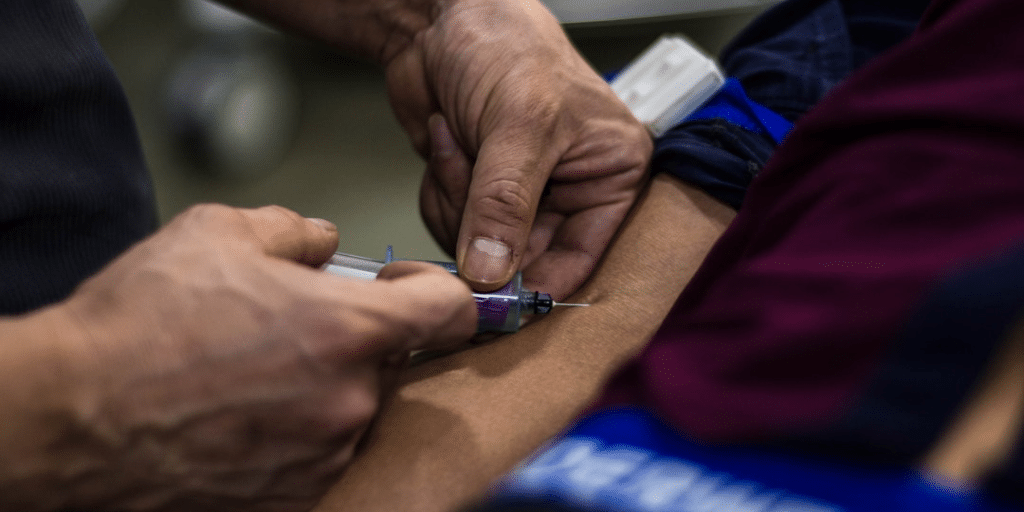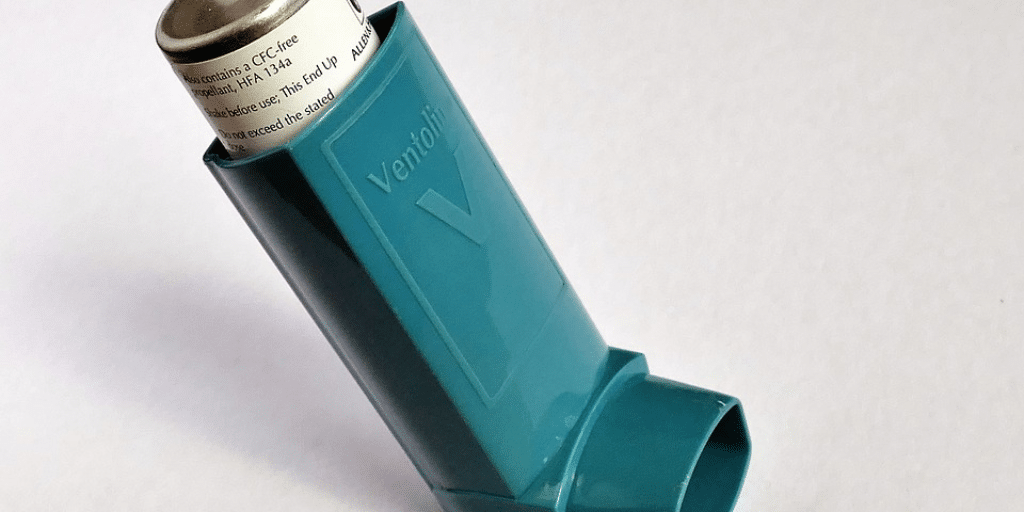In 2017 the US Food and Drug Administration (FDA) approved 57 new drugs. About half of them are temperature sensitive, with 23 requiring refrigeration storage and transportation within temperatures between +2°C to +8°C. To keep track of this fast-growing market, here is a list of the five most common cold-chain drugs.
1. Vaccines

Most vaccines require an unbroken cold chain. While the vaccines for tetanus or hepatitis a and hepatitis b must be cooled, others are strictly restrained from being stored and transported at +2°C to +8°C. For example, the universal vaccine against mumps, measles, and rubella is bound to the cold chain. The same goes for the vaccine against yellow fever.
If these temperature limits are exceeded, the vaccine loses its effect. All involved parties, such as the pharma industry, pharmacies, doctors and hospitals, must ensure the cold chain is unbroken. Otherwise, they may use a vaccine that will be useless for several patients, raising the risk of spreading harmful diseases.
2. Glaucoma eye drops

Glaucoma is an eye disease that damages the eye’s optic nerve. It usually occurs when extra fluid increases the pressure in the eye, leading to damage to the optic nerve. It’s one of the most common reasons for blindness for people older than 60 years. The event of losing vision can usually be prevented by early treatment of the disease.
Traveling with glaucoma can be tricky. Some of the cold chain drugs used for the treatment need to be strictly stored at +2°C to +8°C. An active cooling solution prevents possible damage to the drug.
3. Aerosol spray against asthma

Asthma is a common disease, inflaming the airways of the lungs in the long-term. Symptoms are episodes of wheezing, coughing, chest tightness, and shortness of breath. Causes of the disease are not fully understood. It seems to be a combination of environmental and genetic interactions. In 2011, about 235 million people around the globe had asthma. Approximately 250.000 to 345.000 people die every year from asthma.
A typical treatment of the disease is the use of aerosol sprays. For these inhalers to be fully efficient, some of them need to be stored and transported at +2°C to +8°C.
4. Insulin for diabetes treatment

Diabetes is a metabolic disorder characterized by high blood sugar levels. The disease is categorized into diabetes type 1 and type 2.
Type 1 is characterized by the loss of insulin-producing cells, leading to insulin deficiency. The causes for type 1 diabetes are further unknown and make up for about ten percent of all diabetes cases in northern America and Europe.
Type 2 diabetes is described by insulin resistance. It can be developed by a combination of genetics and lifestyle factors: Obesity, lack of physical activity, poor diet, stress, and urbanization are the most critical factors for developing diabetes type 2. 90 percent of all diabetes patients have diabetes type 2.
Not all types of insulins are restricted to the cold chain. In the case of therapy with temperature-sensitive insulin they are susceptible to any variations in temperature, hot or cold. They must never be exposed to heat higher than +8°C or less than +2°C, as they can become inactive or even toxic.
5. Biologicals

Biopharmaceuticals, also called biologicals, are pharmaceutical drug products that are extracted from organic sources. Essential biologicals are, for example, blood components, organs, and tissue transplants or stem cell therapy.
Common diseases, which are treated by using a biological, are rheumatism and cancer. Compared to other medications in rheumatism, the biologicals are taking effect faster and stopping the diseases progress.
Biological therapy for cancer is used in the treatment of many types of cancer. It prevents or slows tumor growth and prevents the spread of cancer. It often causes fewer toxic side effects than other cancer treatments do.
Biologicals are sensitive to temperature and must be stored at +2°C to +8°C. Otherwise, they get ruined and lose the effects on the patients’ health.
